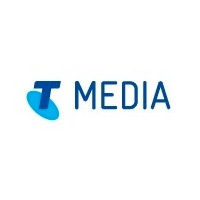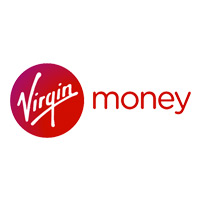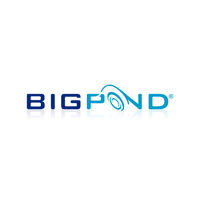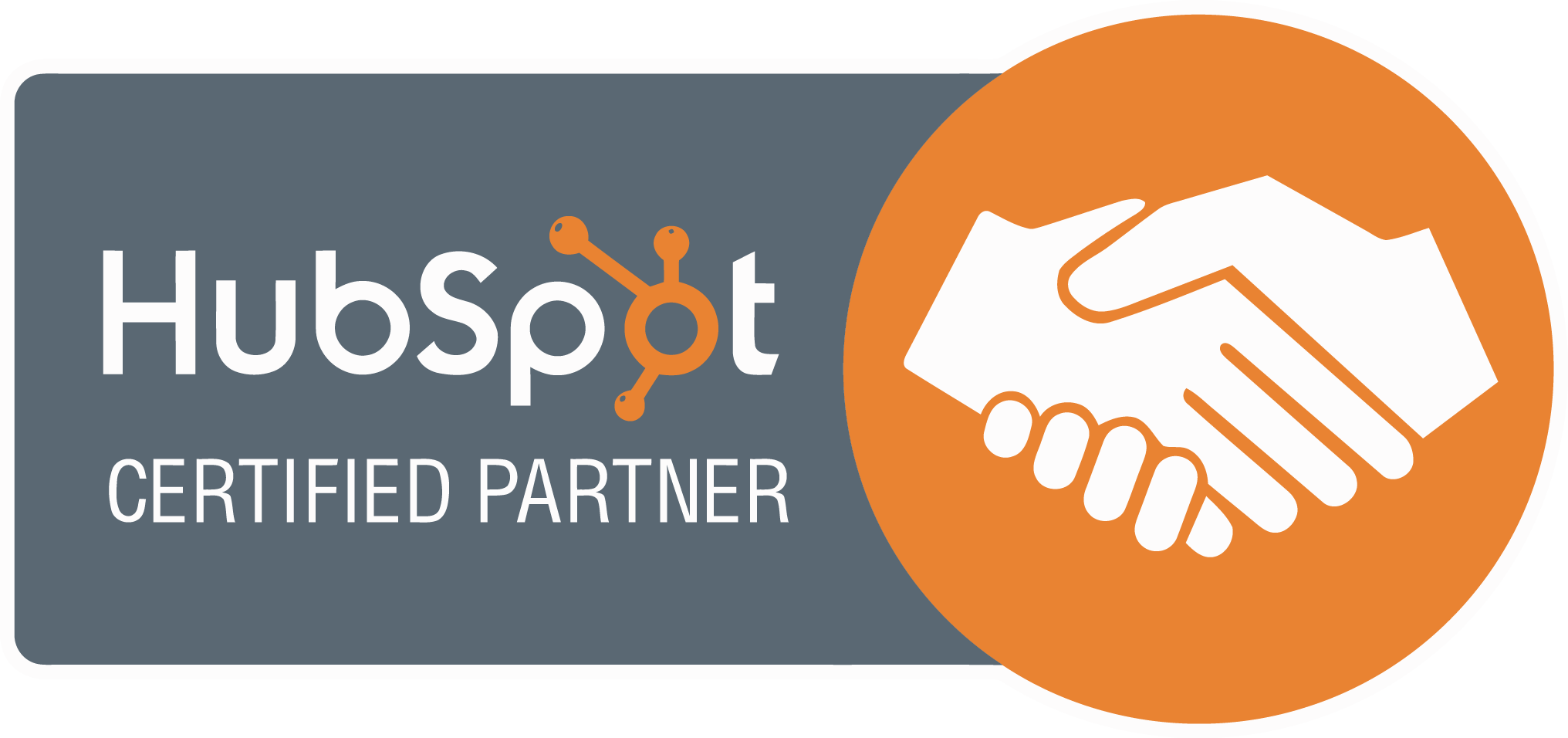If you’ve used Google through the years, you’ve probably noticed a few changes now and then. A new logo, different layouts. And now, Google Knowledge Panels! What are they? What do they do? Why does your business need it, and how do you get one? Let’s take a look:
What is a Google Knowledge Panel?
What is a Knowledge Panel? You’ll find a Google Knowledge Panel on the right side of your search results. It encloses information that Google thinks is factual about your subject. Google gets this information from its Knowledge Graph, a database containing billions of facts.
Knowledge Panels differ from a Google My Business listing or a featured snippet. In fact, Knowledge Panels don’t always show up. Google only displays a Knowledge Panel when they are near certain its content is factual and helpful for your search.
Why do I need a Google Knowledge Panel?
One of the best ways to improve your organic search performance is to take up as much space as possible. So, Google’s Knowledge Panel is one of the best ways to do this. When your business exists in the entire right half of search engine results, you take up more space than if you had an ad, top result, featured snippet and image together!
A Google Knowledge Panel helps you maximise your visibility and reach your audience more effectively when they’re searching for your service or product. It also helps your audience learn more about your organisation and what you offer. Furthermore, the links help your visitors quickly access your Facebook page, website, or Instagram to learn more about you.
The obvious benefit is that Google and their users see this information as trustworthy. That means if you’re showing up in a Knowledge Panel, you get a boost in trust and authority among your users.
When do Google Knowledge Panels show up?
We mentioned above how Google only makes Knowledge Panels when it is confident its Knowledge Graph algorithm can verify a fact’s integrity and relevance to users. Like link building, the algorithm looks for this information to get corroborated in multiple sources, like WordLift, LinkedIn, Facebook, Crunchbase and Wikipedia. So if the information is the same on all these sites, you and Knowledge Graph can trust it.
In terms of appearances, Google Knowledge Panels can pop up on any search related to that entity. So, for example, your Knowledge Panel may appear with social profiles, company history and “People also search”; when people search for your brand name or organisation name, but also when they search for the names of people who work at your business or in searches about your sector. Your Knowledge Panel may even come up when someone searches for a question about your organisation.
How do I get a Google Knowledge Panel?
There isn’t one clear, definitive way to acquire a Google Knowledge Panel for your brand. You just have to trust that Google’s algorithm will trust you. That said, there are some things you can do to make having a Knowledge Panel more likely.
Get your business information together
We mentioned that Google wants to check your information in multiple places. Besides having your information present on other sources like LinkedIn, why not make things easier for your organisation by creating a central base for your organisation? Give your website an About Us page and add in your core products, company history, founder information, and the services you have to offer. This may not be displayed in the Knowledge Panel, but it will help you get one.
Verify your business
A Google Knowledge Panel differs from a Google My Business listing, but having one can help you get the other. Like how good local SEO enables you to stand out in your local area, making a local Google My Business listing with the organisation’s Google account is crucial in appearing trustworthy to Google’s Knowledge Graph.
Think about it – Google My Business is a great way to verify your business exists. It also gives Knowledge Graph a brilliant source for information like your street address, opening hours, contact information, photos, etc.
Use Wikipedia to seem trustworthy
The whole novel idea of Wikipedia is that anyone can contribute to its information. And sure, sometimes this leads to inaccurate information being spread. But this also means that it’s simple for you to produce your own Wikipedia page for your organisation.
Of course, using Wikipedia as your only Google Knowledge Panel strategy can be risky. Not only can you wait some time for the information to get approved, but as we mentioned, anyone can come along and change the information. Plus, if your Wikipedia page gets deleted for any reason, your Knowledge Panel will get erased too! That’s why it’s best to have your organisation’s information based on your website’s “About Us” page, where things are less volatile.








